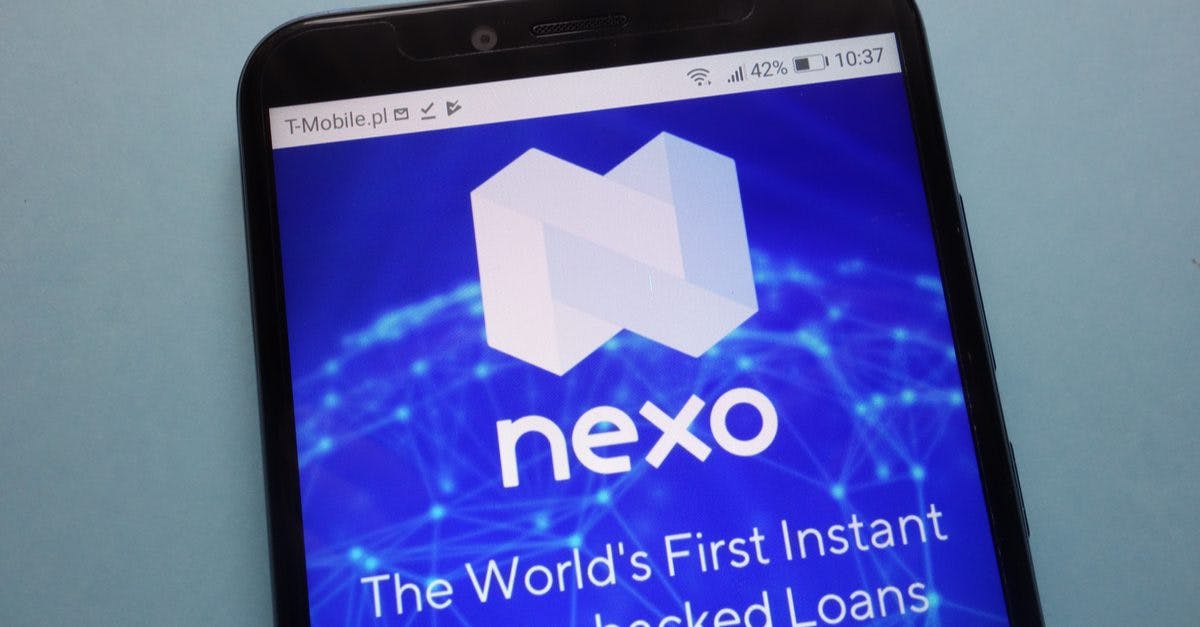Crypto Lender Nexo Participates in $16M Round For Digital Asset Custodian Qredo
Nexo has championed itself as the first to offer an Instant Crypto Credit Line, one of the company’s many attempts to lure big banks and institutional investors to the asset class.

Source: Shutterstock
- Qredo raised $11M in seed funding back in May.
- Coinbase, Prime Ledger and Figment have all previously invested in Qredo.
Nexo, a regulated institution for digital assets, is joining Coinbase, Figment and Ledger Prime as a leading strategic backer, by jumping into a $16 million investment round in digital asset custodian Qredo in the run-up to its public token sale on July 8.
“DeFi’s rapid growth has been luring institutional investors for the past years, yet disruptive fintech companies have been held to a rigorous regulatory standard, hampering direct institutional engagement,” Nexo’s Head of Corporate Finance, Tatiana Metodieva, said to Blockworks.
Nexo has championed itself as the first to offer an Instant Crypto Credit Line, one of the company’s many attempts to lure big banks and institutional investors to the asset class. Nexo offers loans in more than 40 fiat currencies, according to its website.
Nexo had $1 billion in AUM in March 2020 and has $15 billion now, CoinDesk reported in May.
Qredo will be launching its initial coin offering (ICO) on July 8 via Coinlist, with 112,160,000 of its tokens up for sale. Each will go for $0.225, according to a report by Economy Watch.
“This funding will mean we can rapidly integrate more layer 1 blockchains into the Qredo ecosystem, enhancing the cross-chain functionality that it brings,” added Qredo COO Josh Goodbody. “Additionally, it will give us the development resources we need to accelerate the path to decentralization, which will increase the overall security of the Qredo Network.”
Metodieva, CFA, described Nexo and Qredo’s “strategic liaison” as “simply the best of both worlds.”
“It combines the highest industry standards in terms of compliance thanks to Nexo’s experience in following the traditional licensing and regulatory path for the better part of the past three years with Qredo’s undisputed technological advancement – using a next-generation blockchain protocol to allow institutions secure exposure to the decentralized network,” the head of corporate finance said.
Qredo recently raised $11 million in seed funding back in May and has previously attracted big-name investors like Coinbase, Prime Ledger and Figment.






